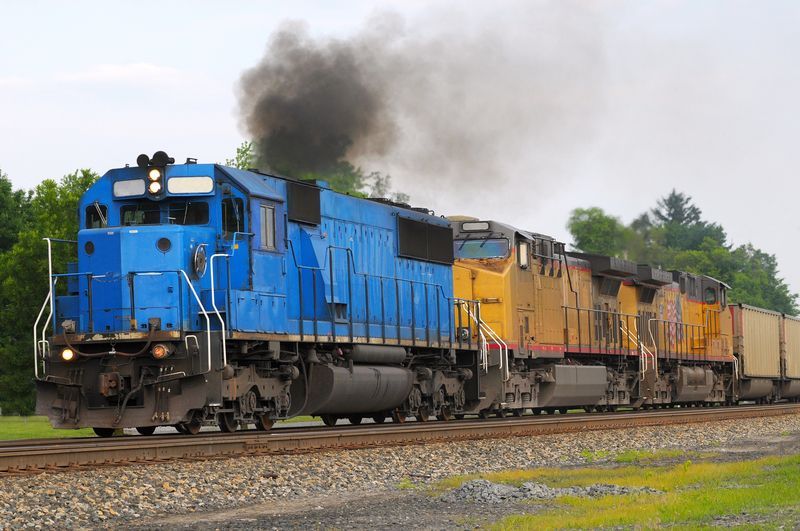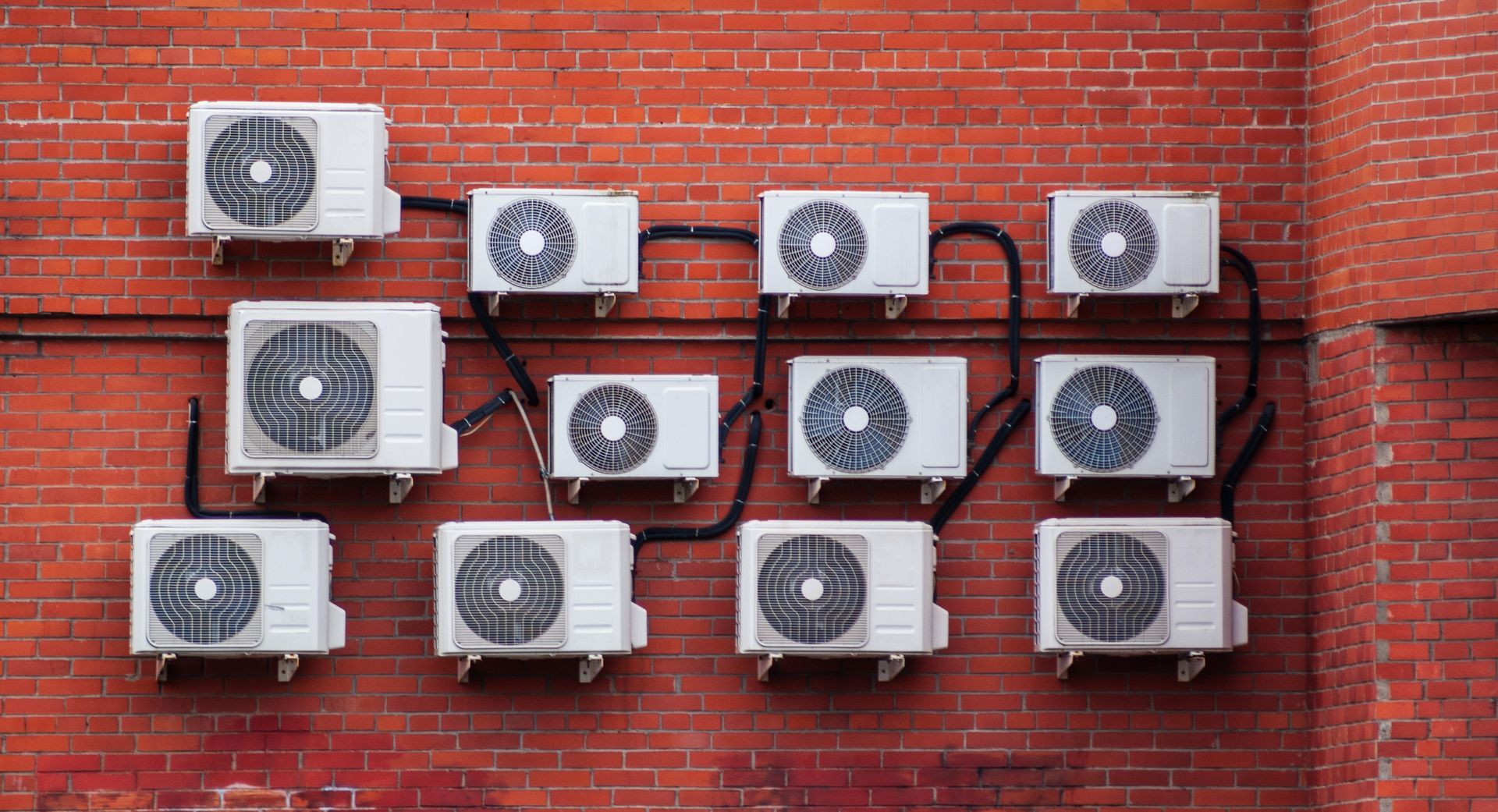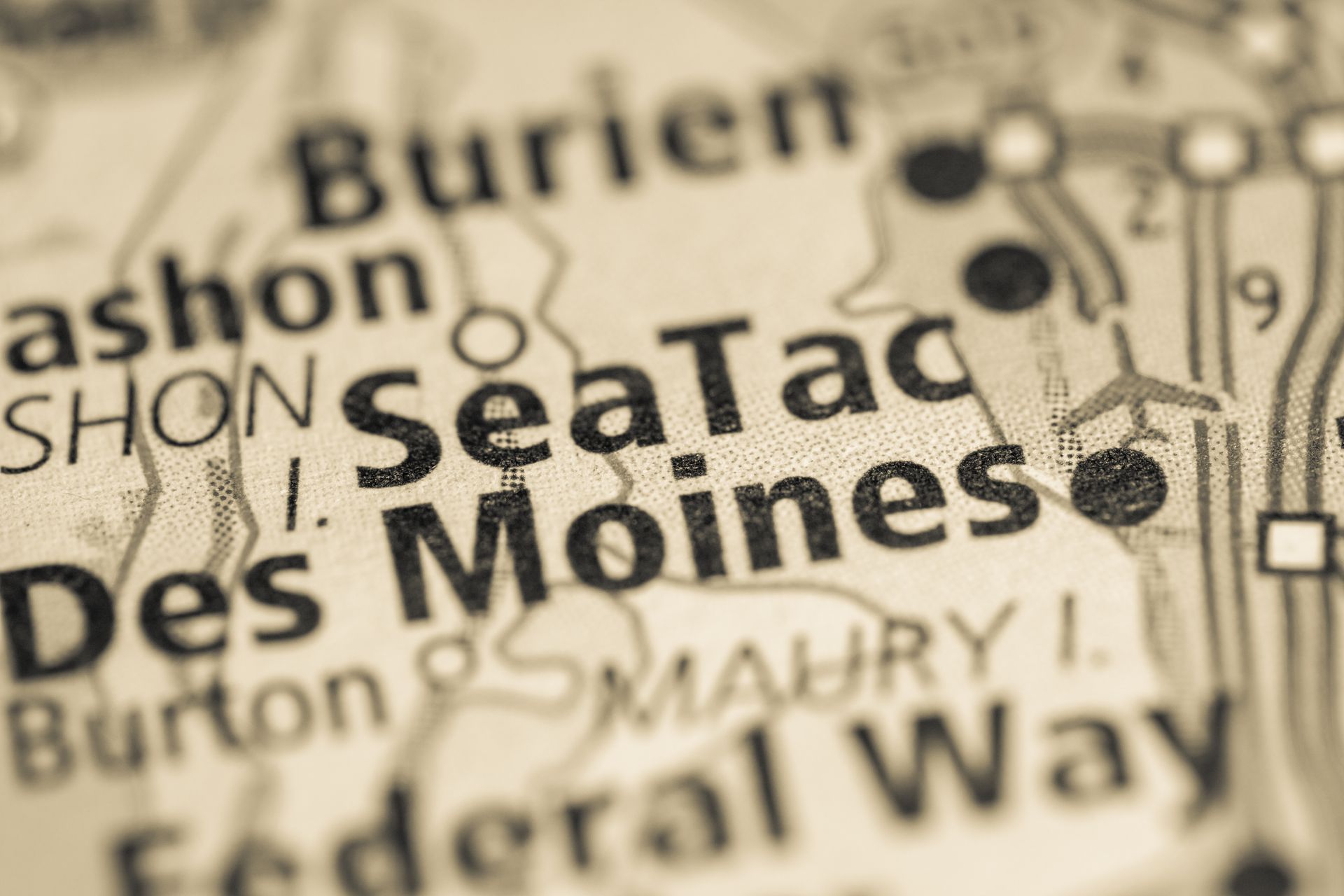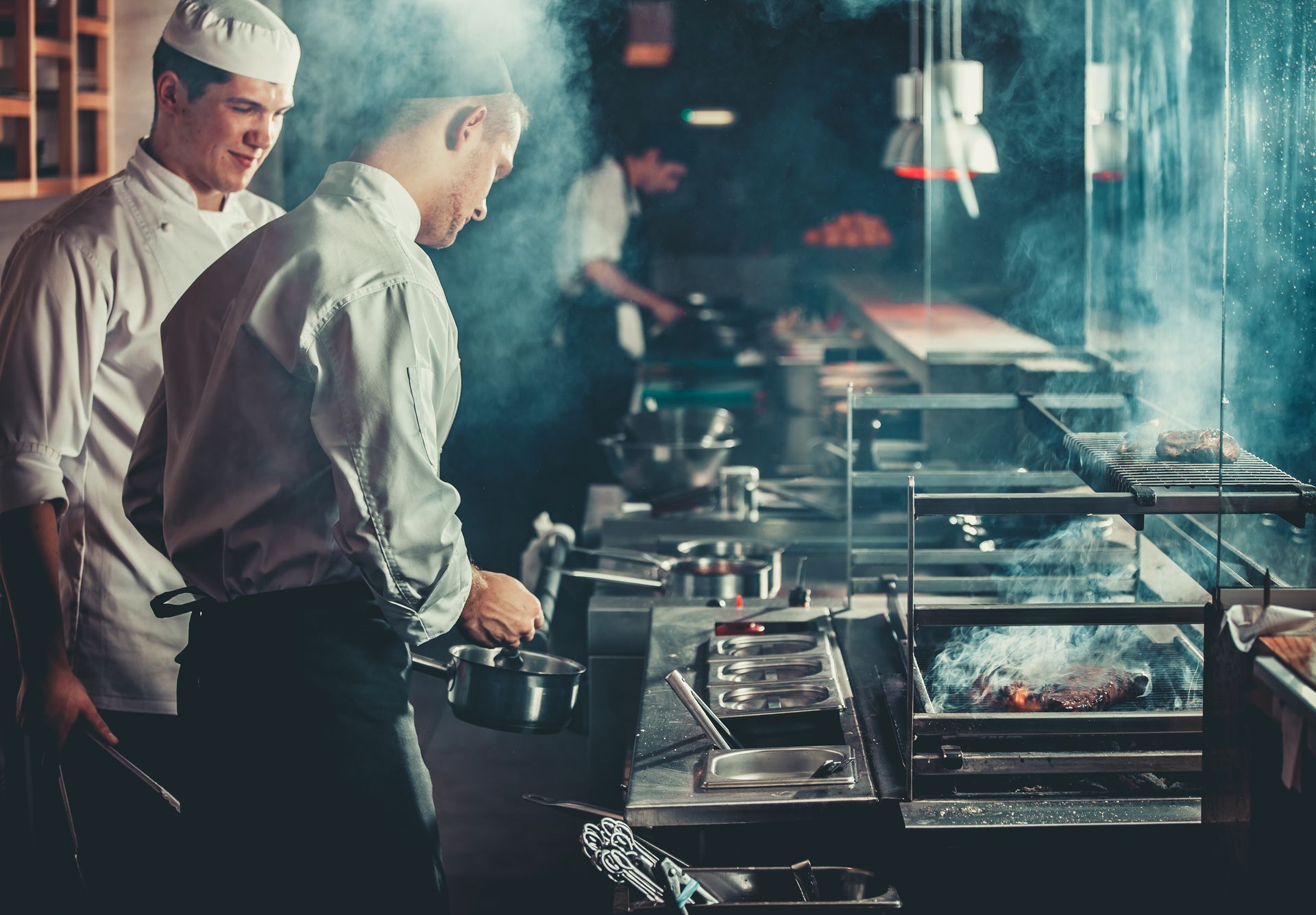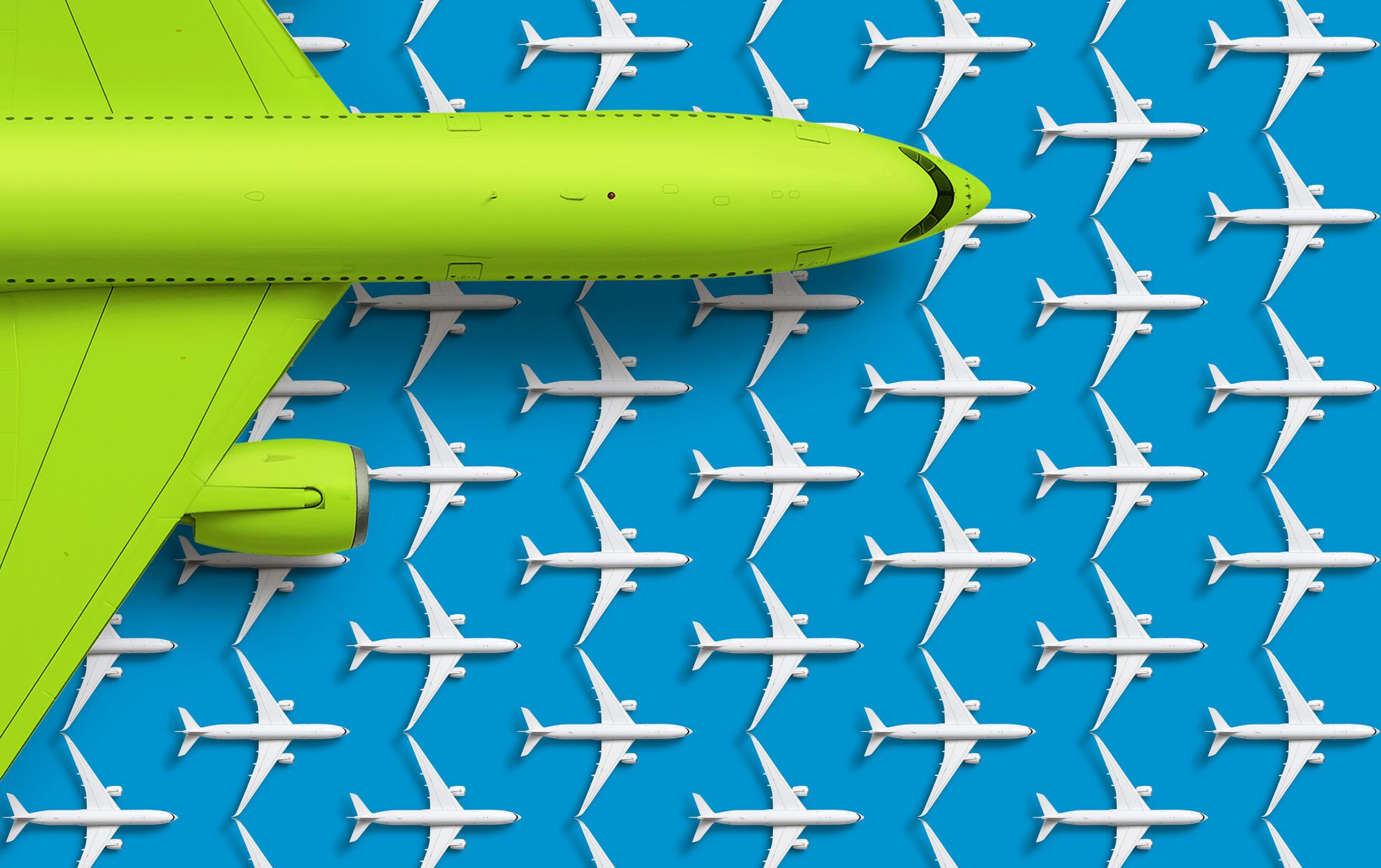Can You Use Clean Fuel Made Locally in Washington?
See what kind of vehicles can use clean fuel to protect Washington’s environment while reducing our dependence on big oil.
Gasoline Engine
Yes, all vehicles sold in the U.S. since 2001 have been certified by the E.P.A. as clean fuel or flex fuel capable and will have no difficulty running on less polluting fuels.
Diesel Engines
Many people who drive diesel cars and trucks aren’t aware that the fuel they are putting in their vehicles already has a biofuel blend.
Hybrid Vehicles
Yes, all vehicles sold in the U.S. since 2001 have been certified by the E.P.A. as clean fuel or flex fuel capable and will have no difficulty running on less polluting fuels.
Electric Vehicles
Funds from the clean fuel law can be used to build more charging stations for EVs to make it more convenient for drivers to make the switch.
Trucks & Farm Equipment
Trucks
Biodiesel has been used by North American truck fleets for more than two decades. It’s typically blended with petroleum diesel in a mixture that’s 20% biofuel and 80% petroleum diesel.
Fleets
Most major engine companies have stated formally that the use of blends up to B20 will not void their parts and workmanship warranties.
Farm Equipment
Every major heavy equipment manufacturer supports, certifies, and warranties a B20 through B99 standard for biodiesel and renewable diesel.
School Buses
Diesel engines power 91% of all school buses, but our children shouldn’t have to inhale diesel fumes on their way to school. Switching to locally made biofuels would mean an instant reduction in emissions by up to 86% without any performance loss. That’s why the E.P.A. recently launched the
Clean School Bus Program.
Public Transportation
Pierce County Transit was
the first bus system in the country to switch its main fuel source to renewable natural gas (RNG) in 2013. Since then, almost all of its buses run on biogas made by capturing methane emissions at a local landfill. Thanks to the new law, generating more clean fuel locally helps more bus systems reduce their exhaust.
Water Vessels
Fishing Boats
Any fishing boat currently using diesel fuel can transition to renewable diesel fuel for cleaner air without any loss in performance.
Container Ships
The ‘bunker fuel’ used by container ships is toxic to the ship’s crew, Port workers, and truckers. To meet their own sustainability targets, Maersk, the world’s largest shipping company, has just invested in 12 new ships powered by renewable fuels. The new clean fuel law helps our Ports compete in a global economy.
The new clean fuel law also helps the Ports of Seattle and Tacoma pay to install giant electrical plugs on their docks so container ships can turn off their diesel engines while at berth and reduce emissions by 80%.
Cruise Ships
A typical cruise ship idles in Port for over 10 hours, emitting diesel fumes into the air. With clean electrical power on the docks paid for by the clean fuel law, cruise ships can plug in and reduce their emissions by 66%.

